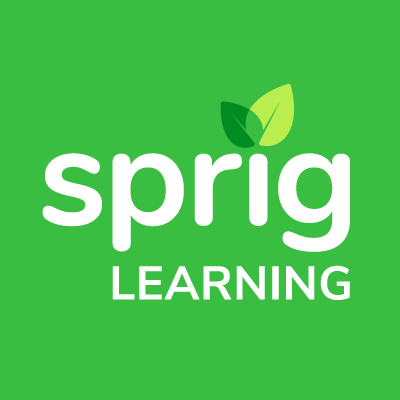The Ministry of Education in Ontario considers assessments in K-5 to be “for learning” and also “as learning”.
This is a very important aspect of holistic learning, which uses assessments not just to gauge the level of the student and offer feedback, but to develop the student’s capacity to be independent learners who are able to progress by best understanding their own learning styles.
Holistic assessments “inform instruction, guide next steps, and help students monitor their progress” towards achieving their learning goals.
2023-2024 Education Budget Announcement
The Ontario Ministry of Education has designated $25 million over two years to improve early reading programs, and an additional $12.6 million over two years for targeted math support initiatives.
In response to extend the COVID 19 Learning Recovery Fund, education minister Stephen Leece’s spokesperson says “”We look forward to increased investments where students need it the most, focused on reading and math skills”
Holistic Early Learning
The learning recovery plan for Ontario includes funding for reading assessment support for school boards. These tools identify the learning needs of their early readers. Elementary teachers will be supported through the provision of guides for early reading instruction.
The elementary math curriculum will continue, which allows educators to further explore math content with their students.
In both early reading and math, additional support is to be provided to students who need more time with certain concepts. $29 million is made available to support equity initiatives for at-risk or marginalized students.
Mandatory kindergarten?
No
Early Childhood Education Announcement
Ontario has developed a Recovery Action Plan that outlines a plan for measuring and assessing students, providing comprehensive tutoring supports, focusing on student resilience and mental well-being, strengthening numeracy and literacy skills and modernizing education.
Highlights include:
- Resume EQAO assessments after a two-year pause
- Identify interventions and establish targets for improvement after establishing a new baseline.
- Spend $175 million to provide more school-based tutoring that will include small group tutoring and programming for targeted, culturally appropriate and at-risk students.
- Spend $25 million on reading intervention programs and professional assessments to support struggling readers with evidence-based approaches to reading
- Spend $5 million for programs delivered in partnership with third-parties focused on literacy and math.
